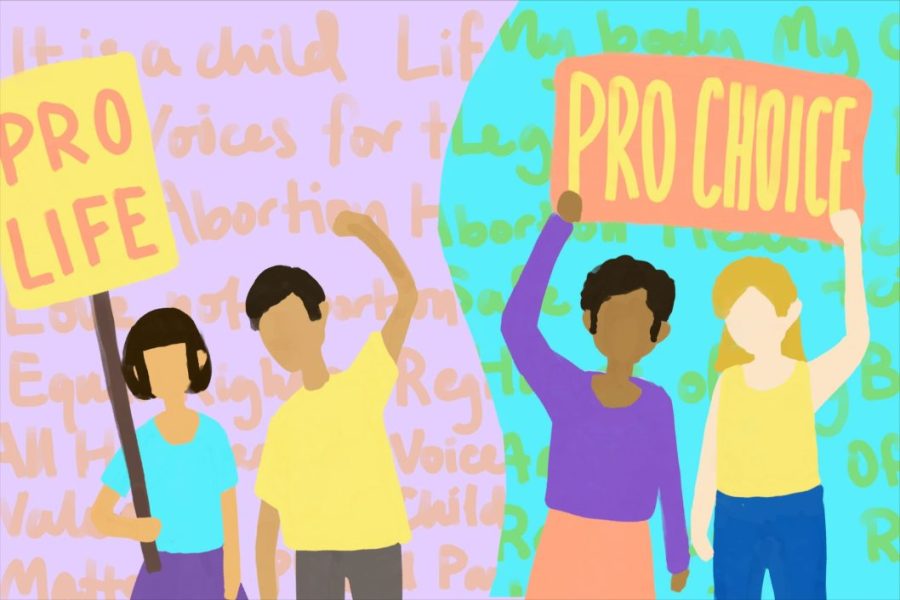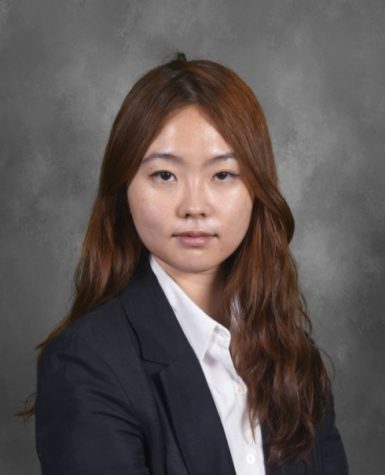The Supreme court’s decision to overturn Roe v. Wade divides public opinion
The United States guaranteed the right to abortion through the 1973 Roe v. Wade in a U.S. Supreme Court ruling that allowed abortion before 24 weeks of gestation, when the fetus was able to survive outside the mother’s womb. It was maintained for 49 years, but on June 24, the Federal Supreme Court officially repealed it, overturning the Roe v. Wade decision. Of the 9 judges, 6 were in favor and 3 were against.
Roe v. Wade was a historic case on whether abortion was included in the “right to privacy” under the U.S. Constitution. On May 2, the U.S. Supreme Court’s majority opinion draft reported by the American political media “Politico” was expected to overturn the “Roe v. Wade” decision. “Roe v. Wade was absurdly wrong from the start. Rather, it provoked controversy and deepened division,” conservative Justice Samuel Alito said.
Justice Samuel Alito, who drafted the majority opinion, was appointed by former Republican President George W. Bush in 2006. The abolition of the right to abortion was largely driven by three conservative Supreme Court justices appointed by former President Trump. During his four years in office, he appointed Neil Gorsuch in 2017, Brett Kavanaugh in 2018 and Amy Connie Barrett in 2020. Although Supreme Court justices are expected to balance politics and public opinion, American society is mostly dominated by their political inclinations.
Justices of the United States Supreme Court serve for life. This is to ensure the independence of Supreme Court justices from influence on politics and public opinion. However, in the process of appointing Supreme Court justices, it is inevitable that they will be influenced by politics. Article 2 of the U.S. Constitution stipulates that “the President may appoint judges of the Supreme Court with the advice and consent of the Senate.” First, the president nominates candidates for the Supreme Court. In nominations, the president considers many aspects, including career, gender, age, race, and political affiliation.
The abolition of the right to abortion in the United States is being criticized as a historical retreat. The United States is currently divided into pros and opponents of abortion. As the constitution does not recognize the right to abortion, each state in the United States decides whether or not to recognize the right to abortion. Some believe that more than half of the 50 states will not allow abortion.
The issues surrounding the right to abortion fall into two main categories: a woman’s right to self-determination and a fetus’s right to life. Women’s right to self-determination asserts that women can make their own decisions about pregnancy and childbirth and are free from criminal punishment for abortion. When women experience unwanted or unplanned pregnancies, social norms force them to conceive. In fact, there are many cases in which rape victims are prevented from having an abortion due to the judgment of the judiciary after the incident.
The fetus is also considered to be the subject of the right to life. Catholics and Protestants oppose abortion, considering the fetus as life after conception. For that reason, having an abortion is considered murder. Also, some anti-abortion activists are concerned about indiscriminate abortion.
As Roe v. Wade expressed a worldwide wave of shock, The Hill School also left crucial comments on the downfalls of the Supreme Court’s decision.
Numerous members of the Hill expressed concern about the decision that led to the overturn of Roe v. Wade. “The main thing I am concerned about is the safety of people. Especially, the people who are at risk are not the people who have money to be able to travel out of state, but the people who don’t have the money and are subjected to having babies can potentially kill them, since doctors now have to worry about laws instead of doing something that can save a life,” Nimala Sivakumar ’23 said.
“When I saw the full-width New York Times headline, I knew that we were witnesses to history on that day. The gradual change in political winds has truly come to a climax at this point,” added Jerry Zhu ’23.
As Pennsylvania moves closer to the midterm elections, the impact of overturning Roe v. Wade remains every present.
“It seemed as though this contentious issue had been put to bed a long time ago, but it does sort of serve to illustrate the importance of staying active in our democracy,” George W. Perkins ’13 Memorial Master Teacher History and Social Sciences Kevin Tkachuck said.
Tkachuk highlighted how students can remain part of this historical moment. The upcoming midterms remind us how “democracy is a verb, not a noun, and that ties in very closely to this question: that things can change and you can play an active role no matter what side of the fence you’re on.”


























